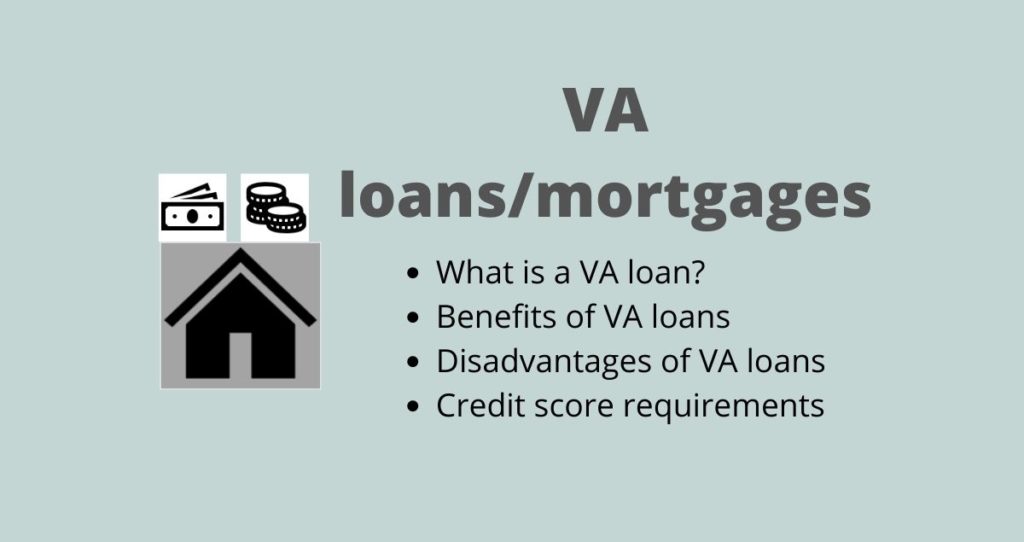What is a VA loan?
The U.S Veteran Affair Loan a.k.a VA loan is a type of loan issued by private lenders and partially backed by the Department of Veteran Affairs at the same time, according to Veteran United. This loan is given to veterans, and service members, and eligible surviving spouses, based on va.gov.
In order to help qualified individuals, the terms and conditions for this loan are less strict compared to other forms of loans.
What are the benefits of VA loans?
VA loans have a lot of advantages to borrowers who meet their requirements. The following are some of the benefits of VA loans.
- It is possible to finance the home 100% with a VA loan: Regular mortgages require qualified borrowers to have a down payment. The down payment will be a percentage of the total loan amount. For example, conventional mortgages require a 20% down payment. The VA loans do not require a down payment. As noted by the U.S Department of Veteran Affairs, there are no down payment requirements as long as the sales price is equal or lower than the appraised value.
- VA loans do not require mortgage insurance: VA loans do not require mortgage insurances. This makes them affordable for eligible borrowers. Other mortgages, however, require mortgage insurance known as mortgage premium insurance for FHA loans or private mortgage insurance for conventional mortgages if the down payment is less than 20%.
- Terms and conditions are less strict compared to other loans: The VA loans were introduced to help veterans, service members, and qualified surviving family members to buy houses, according to VA.gov. For this reason, terms and conditions are much better compared to what borrowers get from lending institutions such as banks and credit unions.
- There is a limit to how much a lender can charge in closing costs for VA loans and there are no prepayment penalties.
What are the disadvantages of VA loans?
Although VA loans sound sweet for homebuyers, they also come with setbacks. The following are some of the setbacks on VA loans.
- Some lenders may not accept VA loans
- The buyer will pay closing costs out of pocket
- Some lenders require VA funding fees which help lower the cost of VA loans on tax-payers, according to VA.gov. The VA funding fee is 2.3% on average, as noted by Veterans United.
- There are sellers who do not accept VA loans. This is because, in some instances, the fair market value of the house exceeds the loan available to cover the purchase. This leads to complications as buyers must find other ways to cover the extra balance.
How much do you put down for a VA loan?
If you want to buy a house, the first thing you will worry about is the down payment. This is because the down payment is the biggest upfront cost homebuyers pay.
This money burden does not apply to individuals who apply for VA loans. According to Veterans United Home Loans, the down payment is not required for eligible VA loan borrowers. This is because the mortgage is backed by the government and the down payment is included in the guarantee the lender receives from the government.
What is a good credit score for a VA loan?
Even if you meet other requirements for a VA loan, you still need to have the credit score required for the loan. A credit score is important as it helps investors to understand how risky it is to lend you money.
From your credit score, a mortgage lender can determine your creditworthiness. According to VA loans, a credit score of 620 is required by most lenders. Some lenders can require a score of as low as 580 if the borrower meets other requirements.









